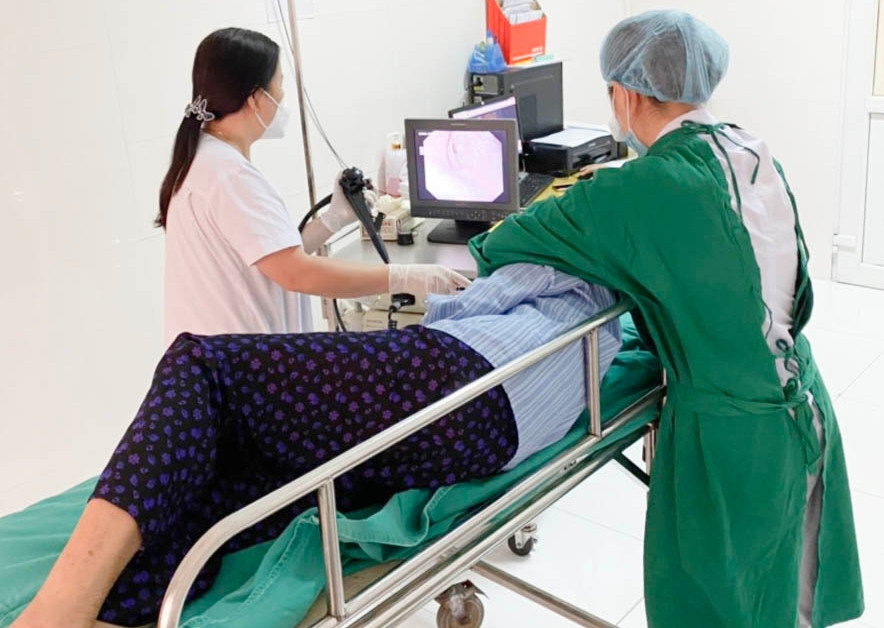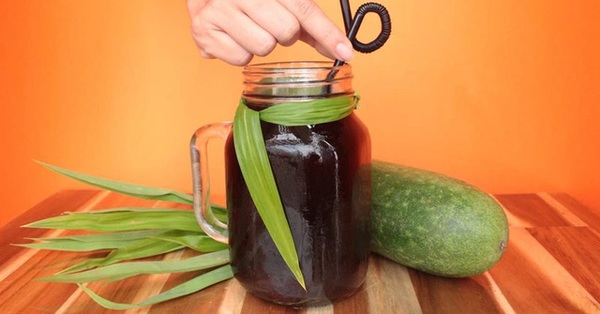What do professional soccer players eat during the off-season?
Football players prioritize eating carbohydrates and lean protein in each season to replenish calories, restore muscle before and after matches.
Professional soccer players train both on and off the field during the 90 minutes of the game. In addition to perfecting their play, building fitness and honing their ball handling skills, the coaching staff also pay attention to their nutrition. Professional football players often adhere to a strict menu before important matches.
Not all professional soccer players have the same diet. Their meals are influenced by individual tastes, cultural differences, and how the body reacts to each food. However, in general, the daily menu is usually healthy, focusing on good carbohydrates, such as oats, sweet potatoes, lean protein, including grilled meat, fish, healthy fats like olive oil, butter.
Basic meal
Uruguayan soccer superstar Diego Forlan loves to eat fresh pineapple available at home, brown bread and yogurt for breakfast. He sometimes boosts his protein intake in the morning by eating an extra ham and cheese omelet.
Forlan usually eats lunch a few hours after a workout. Meals of fast-metabolizing carbs, such as pasta or rice, help restore energy or glycogen stores. To restore muscle, he eats more protein at this meal, usually grilled chicken. Forlan restricts the use of fried food because it is not good for health. For dinner, Forlan eats fresh fish and steamed vegetables. Occasionally, he would indulge in sweet treats.
Nutritionist Julie Neville, who has worked with professional players in the English Premier League, said athletes often eat bananas and nuts for a snack instead of chips or sweets.

Player Son Heung Min (left) during the friendly football match between Korea and Chile taking place at Daejeon Stadium, South Korea, on June 6. Image: Reuters
During the season and before games
During the season, players need to consume more carbohydrates and calories because of their increased energy levels. Brandi Chastain, a former member of the US women’s national soccer team, said she usually focuses on increasing calories and carbs, but does not change her daily diet.
Carbohydrate loading is a strategy employed by some professional players in the days leading up to a game, as they need between 200 and 250 grams of nutrients during their entry into the field. Thus, for every 0.5 kg of body weight, they must increase their carbohydrate intake by about 3.6 to 4.5 g. This regimen is maintained for two to three days prior to competition.
Match day
Carbohydrates are also an important factor on game day, especially right before games. Manchester United and England striker Wayne Rooney usually eats sugary cereal and a banana before a morning game. Rooney eats more energy cereal bars and energy powders in the stadium dressing room.
The International Federation of Football Associations (FIFA) notes that eating too few fast-metabolizing carbohydrates before a game can cause players to lose strength easily. FIFA recommends that players prioritize cereals, pancakes, baked beans, toast, yogurt before the match.
After competition, professional players as well as athletes in general need to pay attention to energy and muscle recovery. FIFA nutritionists recommend a snack full of carbs and protein, electrolyte drinks, meatloaf, cheese, fruit smoothie or whey protein powder.
Drink enough water
In addition, the players always drink at least two glasses of water every time they wake up. The human body tends to lose water during sleep. Therefore, drinking filtered water early in the morning helps the body stay healthy and refreshed throughout the day. Experts recommend adding a slice of lemon to a glass of water to replenish vitamin C and detoxify the liver, and continue to drink two full glasses of water every 1.5 to two hours.
Professional players pay special attention to drinking enough water. This is because athletes in general are metabolically very efficient. Their bodies can change from burning sugar (glucose) for energy to burning fat (ketones) for energy. Athletes usually don’t burn out once their bodies have exhausted all of their glycogen stores, because their bodies are used to using fat for fuel.
Thuc Linh (Follow Live Strong)
at Blogtuan.info – Source: vnexpress.net – Read the original article here


